|
Artemis utilizes standardized tests and comprehenisve observations to accurately diagonose an individual's specific learning challenges. A precise diagnosis avoids mislabelling an indvidual and ensures appropriate support and accommodations.
0 Comments
Help understand previous struggles. Better manage workload as demands increase. Relief in knowing/understanding oneself as an adult. Initiate or continue scholastic intervention and support.
Identify learning challeges in the child's formative years. Improves child's learning trajectory and development. Allow for timely intervention and support. Assessments are confidential; only shared with the family.
Psychoeducational (Learning Disability) and Attentional (ADHD/ADD) assessments provide numerous benefits for individuals facing challenges with their academic and professional performance.
Decoding the Language of Autism Spectrum Disorder: Unveiling the Unspoken
"I may not be looking, but I still see you." By Smitha Chandrashekar and Keith Carman Understanding the body language of a person with Autism Spectrum Disorder (ASD) is like deciphering a unique code, where every gesture and movement tells a story. At first glance, it might appear confusing, but as we delve deeper into the intricacies, we unveil a world of profound communication. Picture this: they look at the floor, fidgeting with their hands, seemingly hesitant to meet your gaze. The pauses between glances might seem like an eternity. It's easy to misinterpret this behaviour as rudeness or disinterest but hold on; there’s more than meets the eye. For individuals with ASD, eye contact is not a casual interaction; it's an intricate dance of comfort and connection. They take their time, not out of indifference, but out of a need for space and understanding. While eye contact might be limited, their ears are wide open. They actively listen, precisely processing your words and carefully formulating their responses. Interestingly, for many with ASD, body language takes a backseat. They don't need physical touch to sense your presence, nor do they rely solely on eye contact to establish a connection. Even when you might think they're not looking, their fleeting glances tell a different story. Perhaps you're engrossed in writing, or you're checking your watch – they catch those moments, absorbing the nuances of your actions. Unlocking the secrets of ASD body language requires a shift in perspective. It's about embracing their unique way of communicating, appreciating the unspoken cues that bridge the gap between words. Here's how: Patience is a Virtue Just as a delicate flower needs time to bloom, an individual with ASD needs time to establish eye contact. Give them the space to feel at ease without rushing or assuming disinterest. Listen with Your Heart Focus on their words and the essence of their communication. Understand that their gaze might wander, but their thoughts are attuned to the conversation. The Power of a Glimpse Those brief moments of eye contact are like precious gems. Cherish them, for they are windows into their world. Speak Through Gestures Remember, words are not the only mode of expression. Use gestures, body language, and facial expressions to convey warmth and empathy. Build Bridges of Understanding As you learn to decode their signals, you're building bridges of understanding. Your efforts resonate beyond words, fostering a genuine connection. So, the next time you encounter someone with ASD who might not meet your eyes or seems lost in thought, remember that their body language is a complex tapestry of emotions and thoughts. By appreciating their unique way of communicating, you're not just looking but truly seeing the remarkable individual before you. As you learn to decode their signals, you're building bridges of understanding. Your efforts resonate beyond words, fostering a genuine connection.
Remember, words are not the only mode of expression. Use gestures, body language, and facial expressions to convey warmth and empathy.
Those brief moments of eye contact are like precious gems. Cherish them, for they are the windows into the world.
|
Tara Carman-FrenchDirector, Certified ADHD & LD Coach Archives
June 2024
Categories
All
|
HoursM-F: 9:30 am - 4:30 pm
Other hours possible upon request |
Telephone1-888-239-1483
|
|

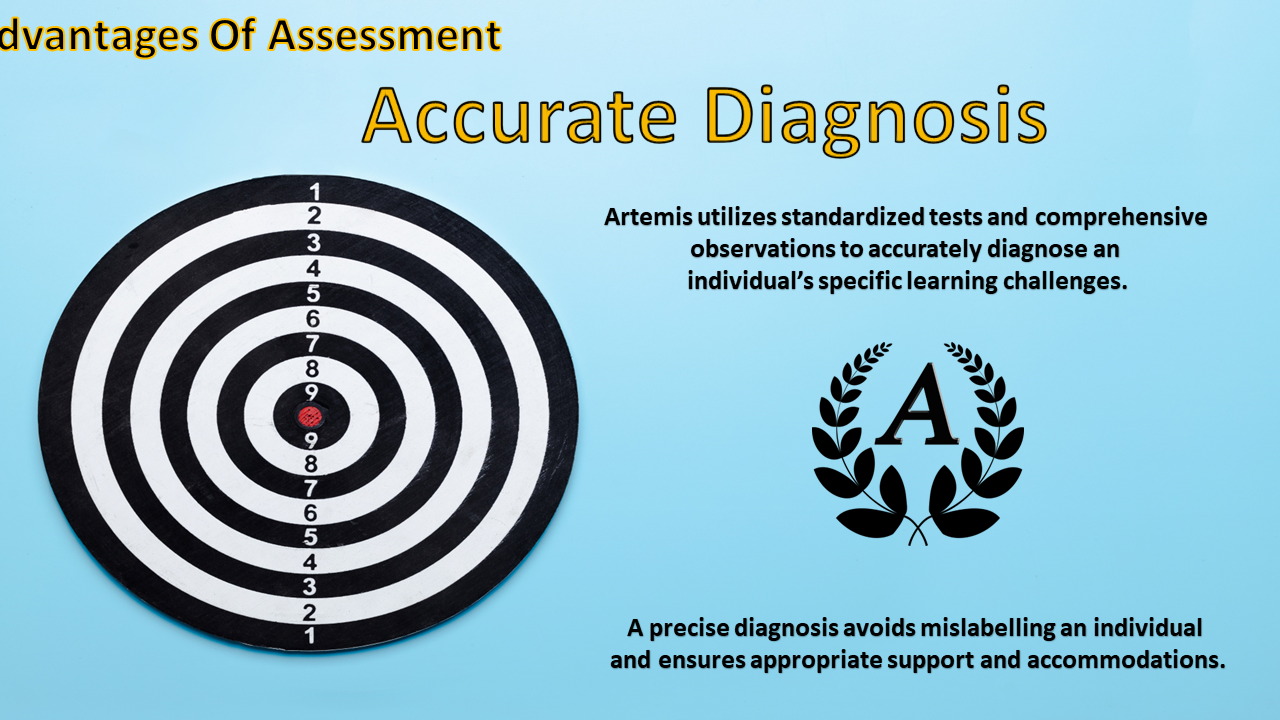
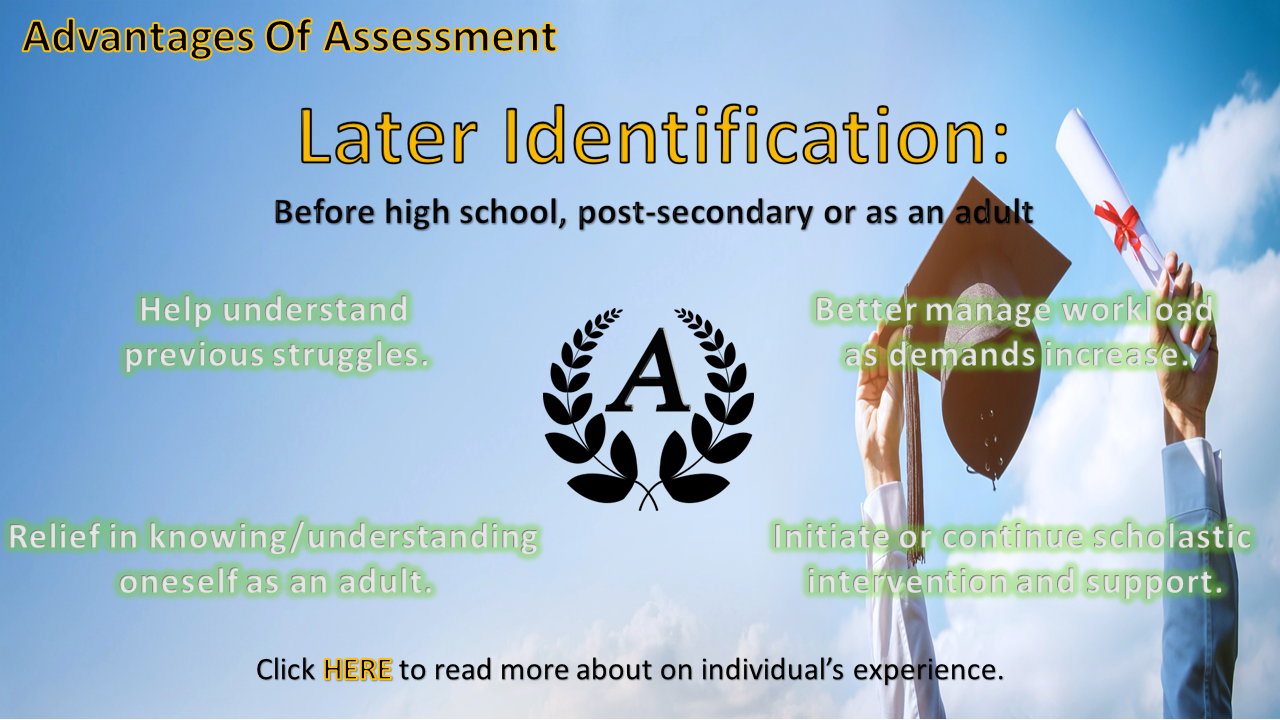
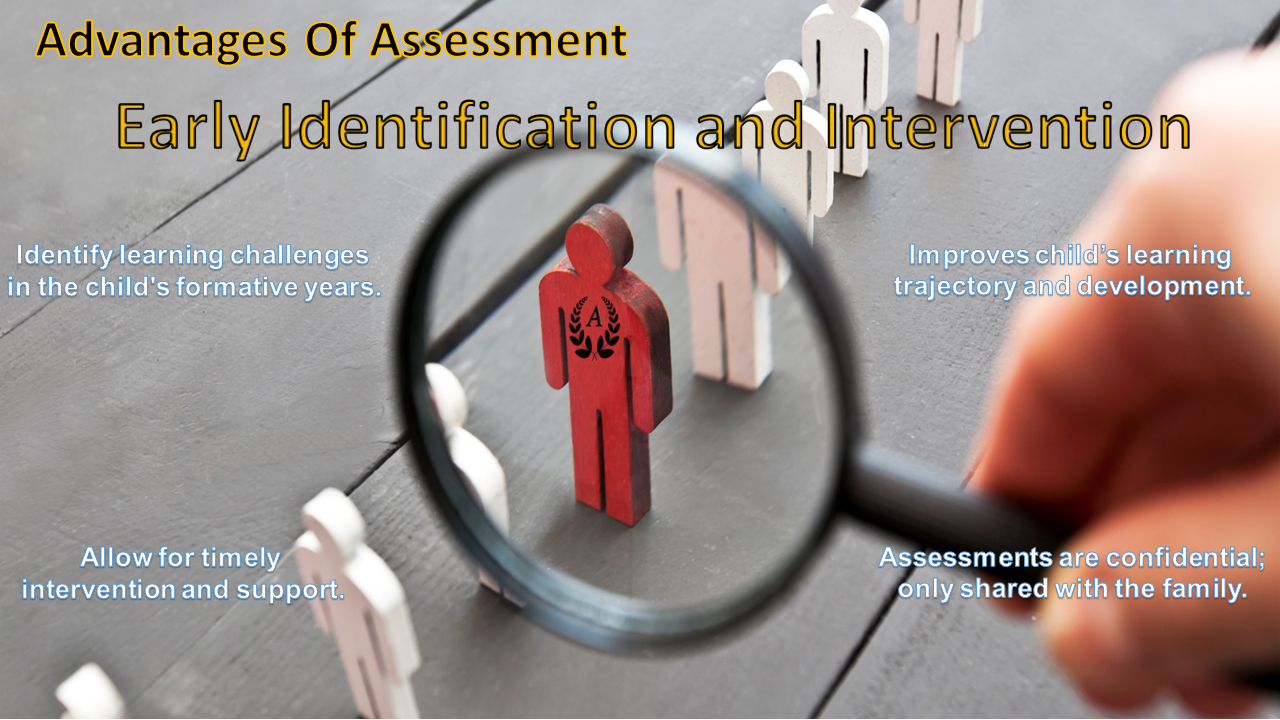
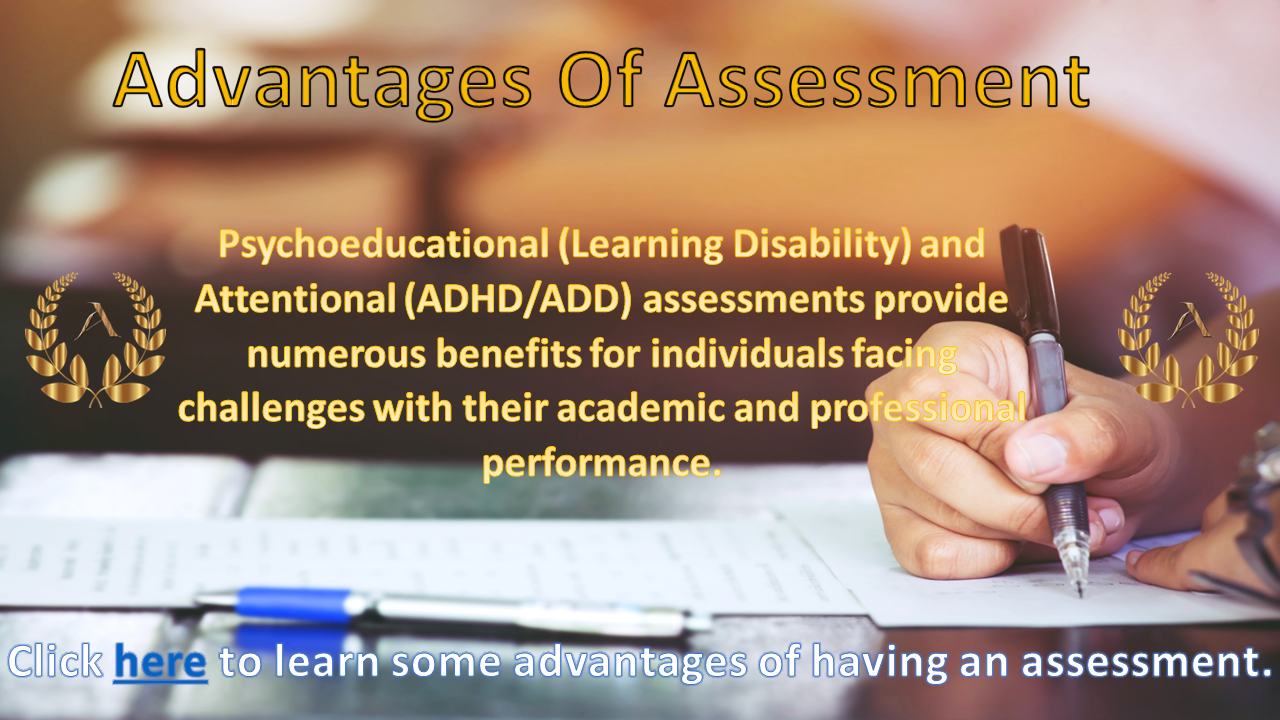

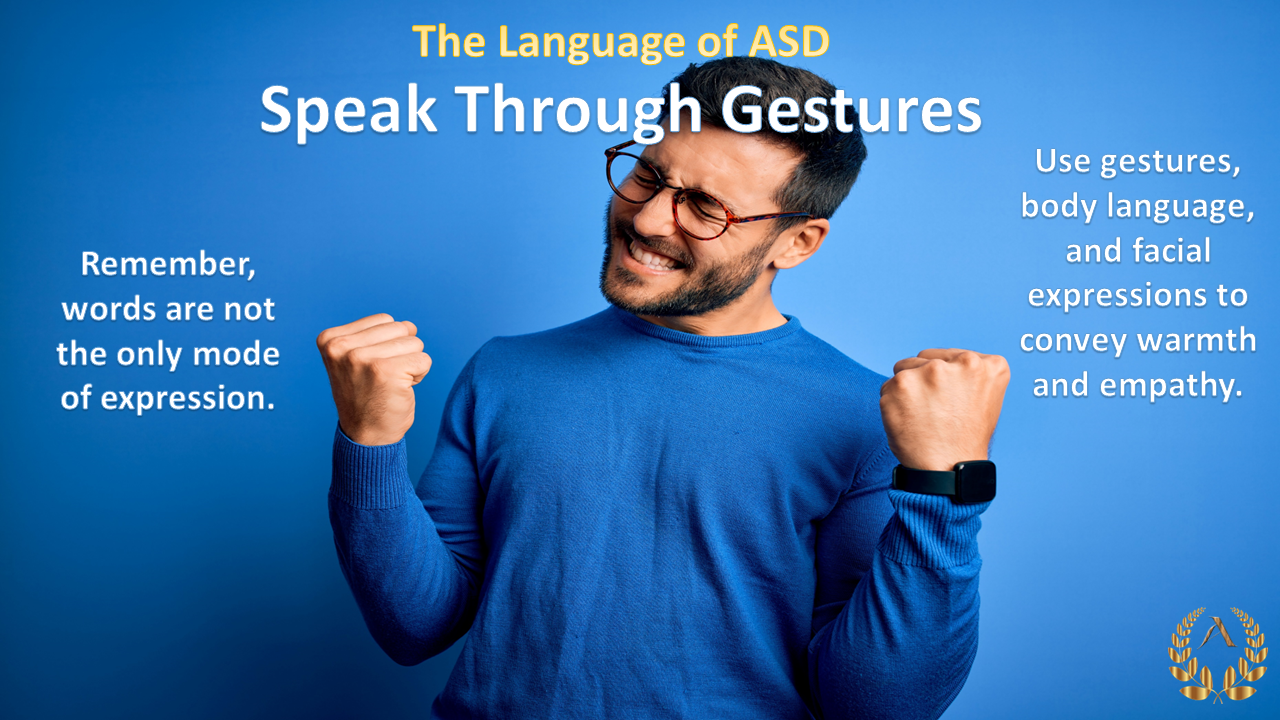
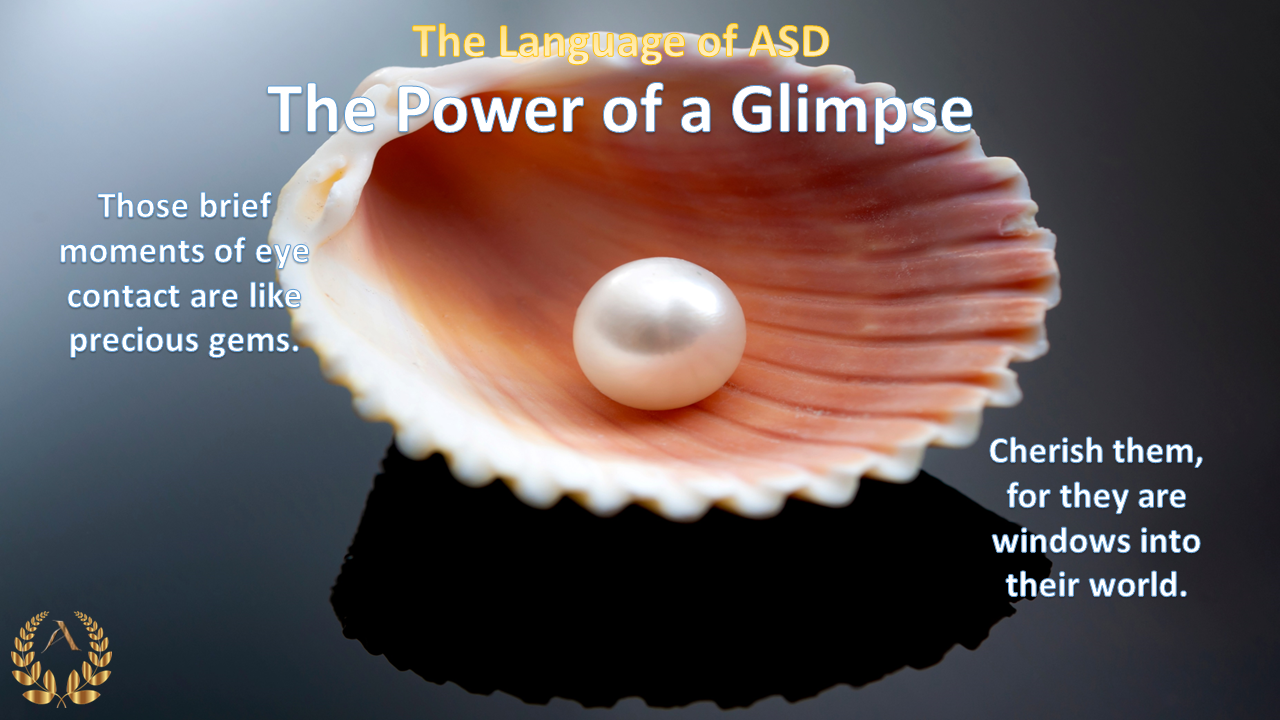
 RSS Feed
RSS Feed
